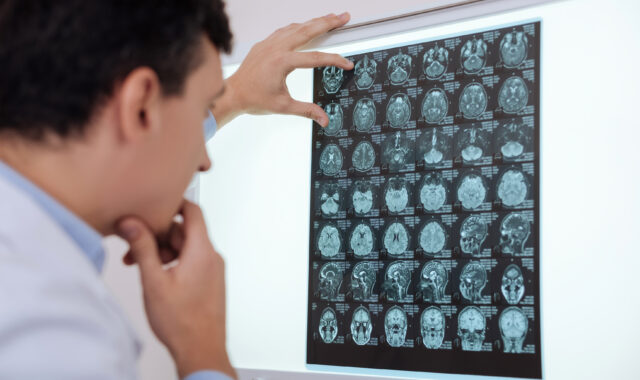
Mala K.
Radiotherapy PhysicistWhat is the nature of your role and its responsibilities?
What led you to follow this career path?
I started working part-time at the hospital, and then discovered I enjoyed it and wanted to do this for my career.
What qualification(s) or training did you complete?
Physics degree – BSc (Hons) at the University of Manchester and Medical Physics – MSc at The Open University.
How are your qualification(s) or training useful in your everyday job?
An advanced understanding of medical physics is needed for this job. This is achieved through a master’s degree.
What does an average working day look like for you?
If I’m the bleep-holder for the morning, I start work at 7:30 a.m. If there’s an issue with the linear accelerator, an engineer and I are called to the treatment area to resolve it promptly. In the office, I focus on patient treatment plans using specialised software. With 14 physicists in our department, there’s a lot of collaboration and discussion throughout the day. I’m also responsible for addressing specific patient issues, such as changes in anatomy or missed treatments. In these cases, I perform radiobiology calculations and present my findings to the doctor, helping them adjust the treatment plan to ensure it remains effective. If I’m involved in a brachytherapy procedure, I spend most of the day in the operating theatres, working closely with doctors, radiographers, and anaesthetists to ensure the radiation is delivered safely and accurately. Overall, my day is varied, involving a wide range of tasks and collaboration with a diverse team of professionals.
What aspect of your role do you most enjoy?
I find it incredibly rewarding to be part of a multi-disciplinary team in a busy hospital environment, working together to treat cancer. I feel fortunate to have a hands-on physics role that directly contributes to making a positive impact on people’s lives.
What aspect of your job do you find most challenging?
With the increasing demand for cancer treatments, the strain on our NHS can make for challenging workloads and the need to meet deadlines. This, however, adds to the buzz of working in a busy clinical environment.
What would be your top piece of advice for anyone wanting to become a radiotherapy physicist?
Contact a hospital that has a medical physics department to meet radiotherapy physicists and find out more about this career and if it’s for you. Radiotherapy physics is just one discipline within medical physics, and there are lots more you can explore such as radiation protection, nuclear medicine, MRI and ultrasound.



Comments